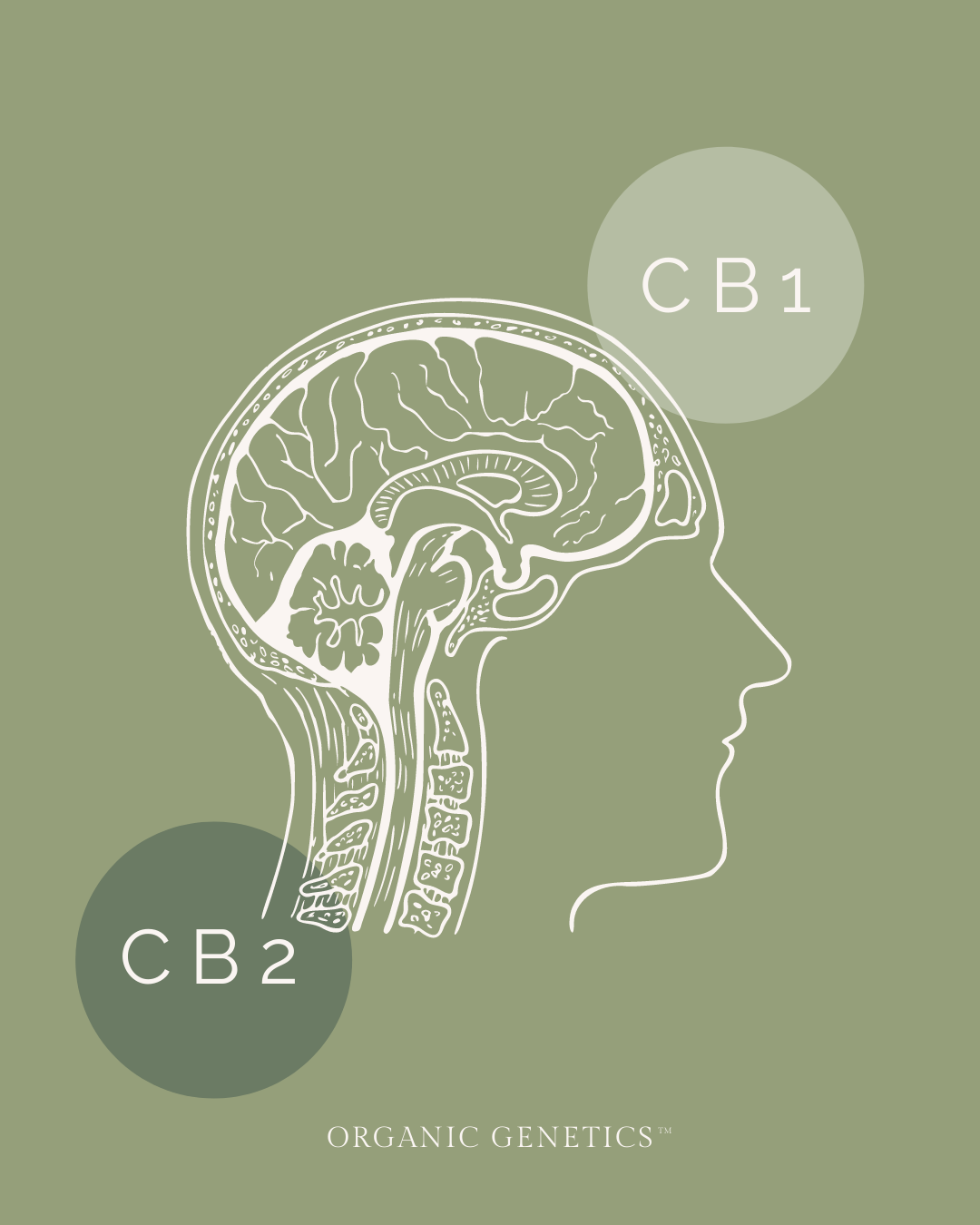A quick guide to our bodies Endocannabinoid System...

Did you realize we had a whole system inside our bodies named after cannabis? We do. The endocannabinoid system was discovered in 1992 and was named due to the similarity between the endocannabinoids and previously discovered phytocannabinoids such as CBD and THC. The discovery of the endocannabinoid system was what triggered the scientific interest in cannabis and medicinal cannabis products that we see today.
Let’s look at the word “endocannabinoid.” “Cannabinoid” comes from “cannabis,” and “endo” is short for “endogenous,” which means that it is produced naturally inside of your body. So “endocannabinoid” simply means cannabis-like substances that naturally occur inside us.
Not only is the ECS a natural part of our bodies, but it’s also a crucial one.
The Endocannabinoid System Is Crucial for Homeostasis
To understand the ECS, it first helps to understand what homeostasis is. Basically, homeostasis is your body’s efforts to keep everything in the right zone. Your body works continuously to monitor important levels and functions in your body. Is your temperature too high, too low, or just right? Are your hormone levels what they should be? Is your heart beating too fast? Do you need fuel or rest? Is too much of something building up in your bloodstream or inside of your cells?
When something is operating outside of the right range, your body activates the ECS to help correct it. So when you’re really hot and begin to sweat, thank your ECS for working to cool you down. Stomach growling? That’s your ECS helping remind you to eat because you need fuel.
The ECS does this via cannabinoid receptors found in select tissues. We have (at least) two types of cannabinoid receptors:
- CB1 which is in the central nervous system (brain and nerves of the spinal cord)
- CB2 which is in the peripheral nervous system (nerves in your extremities), the digestive system, and specialized cells in the immune system.
Cannabinoid receptors are believed to be among the most plentiful in our central nervous system, and research has been shown that cannabinoids found in the cannabis plant can positively stimulate the activity of the ECS.
Through those CB1 & CB2 receptors, cannabinoids found in medicinal cannabis can help regulate a lot of important functions, such as:
- Pain
- Appetite
- Digestion
- Immune function
- Inflammation, including neuroinflammation
- Mood
- Sleep
- Motor control
Medicinal cannabis and how it interacts with our endocannabinoid system is truly incredible and is quickly becoming a promising medical frontier that we are only just beginning to uncover. Organic Genetics aims to develop medicinal cannabis products to work with our endocannabinoid system, with a focus on treating illnesses at their core. Organic Genetics’ vision is to transform traditional medicinal practices with an option that is focused on wellness, not just short-term management.
